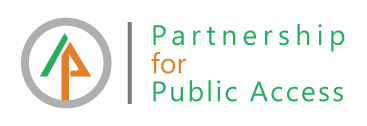Public Access Centers such as Libraries, Community Networks and Offline Internet all combine to provide a solution to reach the billions of people not yet connected.
Even as the celebrations for getting half of the world’s population online approach, the need to reach the rest remains as strong as ever. The challenges will not get easier, with non-users of the internet often facing low incomes, remoteness or other barriers that stand in the way of the solutions which have worked to date. There is no easy fix, but a combination of approaches could, together, offer a formula to address almost any circumstance.
Priority approaches include:
- Public access centers such as libraries: promotion of digital inclusion through technology access, information access, and development of ICT skills.
- Community networks: a complementary way – across various sectors, economies, and technologies – to provide connectivity.
- Offline internet: A growing movement striving to provide digital information access for communities that are not currently connected to the internet.
These approaches can support and reinforce each other to Connect and Enable the Next Billions (CENB) with attention to the UN’s 2030 Sustainable Development Goals (SDG’s).
Declaration
Every Community Connected
The global health crisis has made the pre-existing global connectivity crisis more evident – and action more urgent – than ever before. Broadband access is critical to the health, safety, education and economic well-being of communities. Public Access is proven to be an economical and equitable way to connect every community.
We pledge to do all within our power to ensure every community is connected. In turn, we call on decision-makers at all levels to:
- Ensure that each community has access to at least one publicly-available, adequately connected, no-fee internet access point, and that every school has access to an online or offline library.
- Mobilize libraries to act as community labs for action research, improving how we connect, protect and respect each other, and work together to achieve the UN Sustainable Development Goals by 2030.
- Ensure adequate trained staffing and access to equipment for libraries and other community anchor institutions to provide a safe and secure access point to networks, respectful of privacy, and support for digital skills and education throughout life, enabling people to learn, earn and thrive.
Signatories: 10/28/20



IFLA: International Federation of Library Associations and Institutions
A4AI: Alliance for Affordable Internet / Web Foundation
EIFL: Electronic Information for Libraries
IFLA’s vision is a strong and united library field powering literate, informed and participative societies
A4AI is a global coalition working to drive down the cost of internet access in low- and middle- income countries through policy and regulatory reform
EIFL works with libraries to enable access to knowledge for education, learning, research and sustainable community development. Our vision is a world in which all people have the knowledge they need to achieve their full potential.
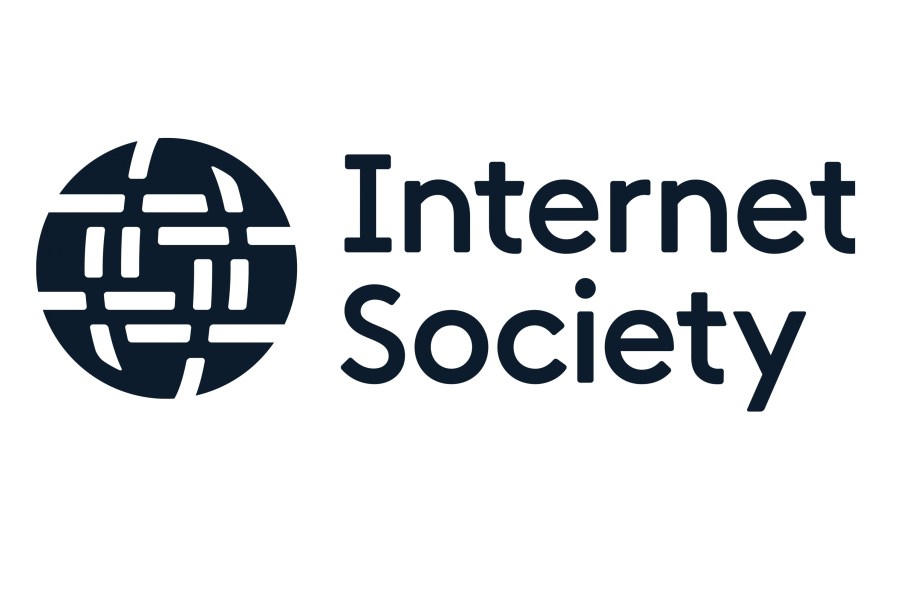
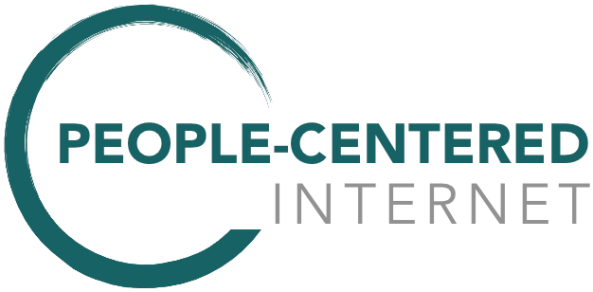

Internet Society
People-Centered Internet
Bibliothéques Sans Frontières
Internet Society is a global nonprofit empowering people to keep the Internet a force for good: open, globally connected, secure, and trustworthy.
People-Centered Internet works to make sure that the Internet is a positive force for good, improving the lives and well-being of people around the world.
Bibliothèques Sans Frontières (Libraries Without Borders) is an international non-profit that strengthens the capacity of people in vulnerable situations by facilitating access to education, culture, and information.
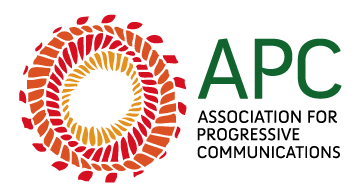


APC: Association for Progressive Communications
DSA: Dynamic Spectrum Alliance
GLN: Gigabit Libraries Network
APC is an international network of civil society organisations founded in 1990 dedicated to empowering and supporting people working for peace, human rights, development and protection of the environment, through the strategic use of information and communications technologies (ICTs).
The DSA is the go-to spectrum organization promoting unlicensed access to the 6 GHz band, more Mid-Band Shared Spectrum, CBRS, TVWS, innovation in the mmWaves and more!
GLN expands the Fiber to the Library advocacy for libraries as most natural community ICT hubs while also championing highest global standards of free, open access to information and expression.
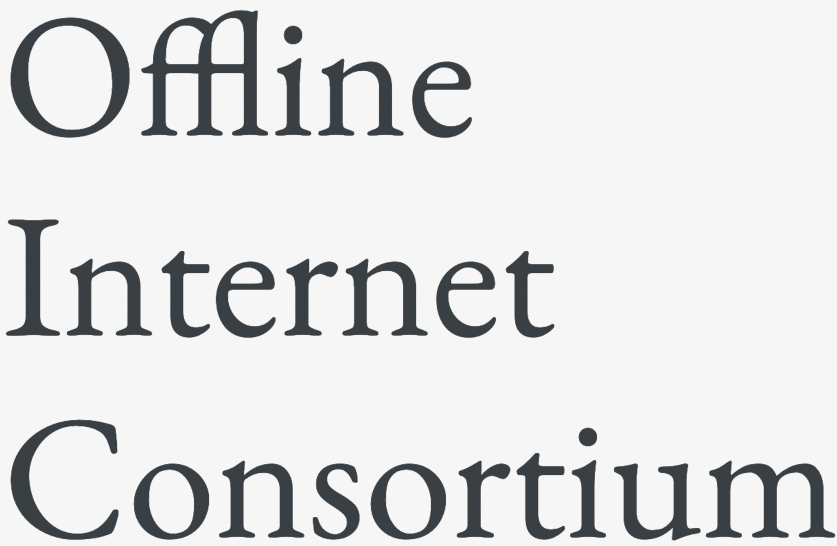
OLI: Offline Internet Consortium
The OLI brings together researchers and practitioners from around the world to build capacity for providing access to high quality networked information for those most in need.
